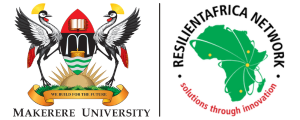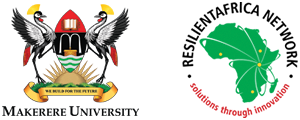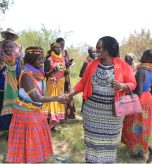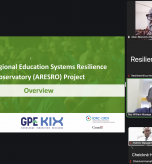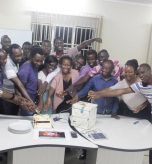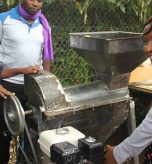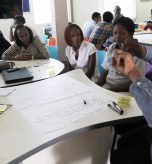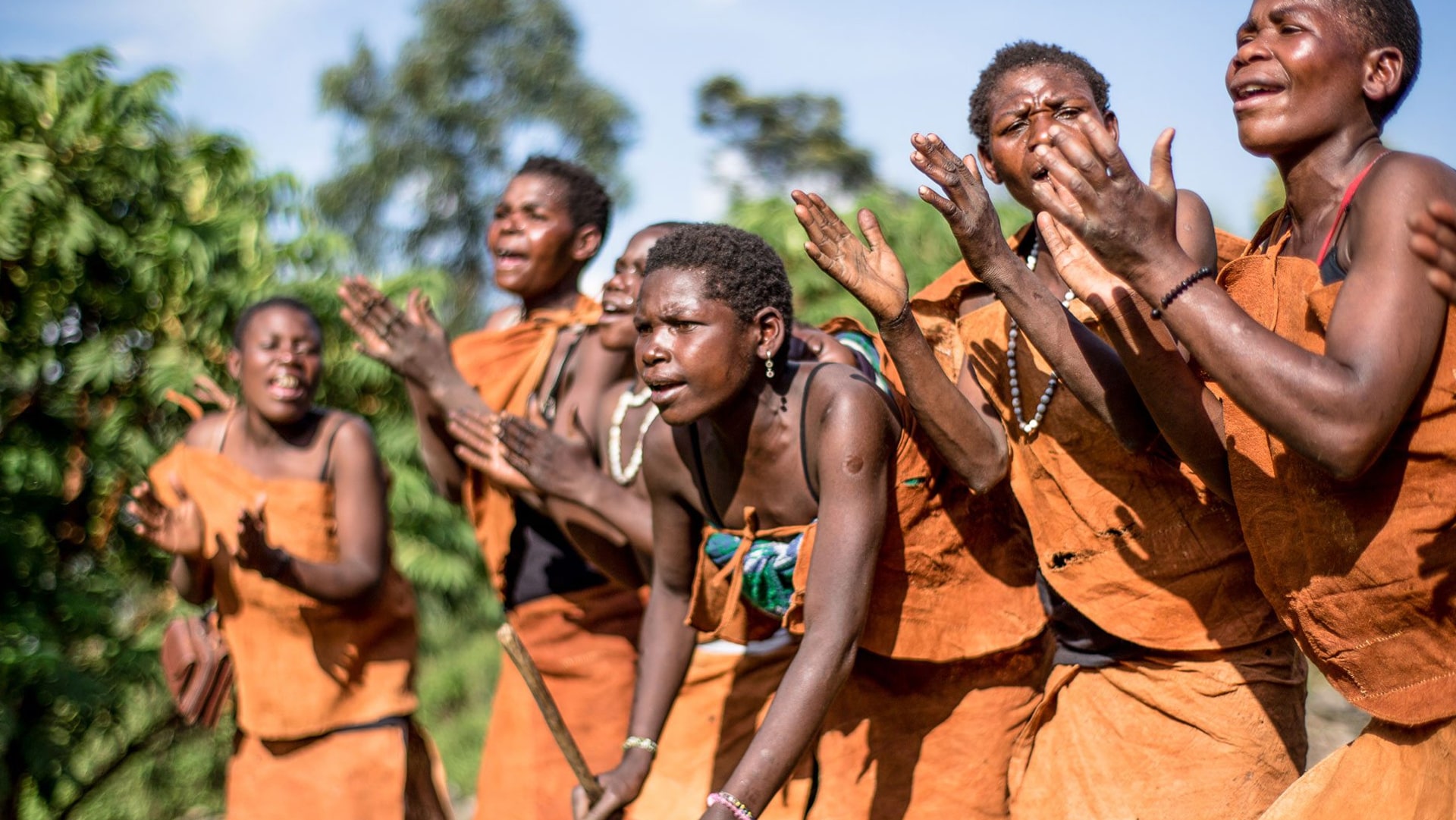
Through RAN, USAID/Uganda seeks to partner with USAID/LAB/CDR to leverage the expertise of Ugandan universities and researchers to undertake development research that will inform subsequent interventions by USAID/Uganda to strengthen the voices of Uganda’s indigenous people. By working through the local universities, the Mission seeks to encourage sustainable partnerships with local universities positioned to institutionalize research and build local ownership and capacity around these issues.
USAID/Uganda’s Regional Coordination Initiative (RCI) engages local universities and researchers as partners in development. Those universities include Mbarara University of Science and Technology (MUST) and Gulu University Constituent College (GUCC), amongst others. Through the RCI, Regional Steering Committees in Karamoja and in Southwestern Uganda have raised deep concerns over what they perceive as violations of the rights of indigenous people, especially the Batwa in Kisoro and Kanungu Districts. The RCI and Regional Steering Committees in Karamoja have also expressed concern for two indigenous Karamojong communities (Ik and Tepeth) who face a number of issues. However, the Karamojong as a whole are a marginalized group and they too face similar issues, especially child trafficking from the region through Teso and into Kampala, the capital city where they are destitute.
